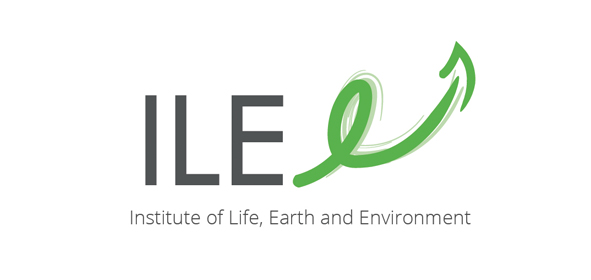With more than 6200 students and 1100 staff, UNamur plays a leading role in the economic, socio-cultural and scientific development of Wallonia. In addition to the six faculties offering bachelor's and master's programs, many research entities are active in the University of Namur. They bring together academics, scientists, members of the administrative and technical staff, Belgian and foreigners, all sharing the same passion for research. The UNamur aims above all excellence and maintains the necessary balance between basic and applied research. It pays particular attention to the training of doctoral students and the mobility of researchers, which are the essential links in the academic research chain.
Recently updated, the research landscape of UNamur includes 11 transdisciplinary research institutes. Research activities are based on cutting-edge scientific equipment grouped into 8 technological platforms. Researchers work on interdisciplinary and transdisciplinary projects involving fundamental and applied research. Their expertise covers many areas.
Institute of Life, Earth and Environment (ILEE)
Research Unit in Environmental and Evolutionary Biology

Among the 11 research institutes, the Research Institute Life, Earth & Environment (ILEE) aims to study the fundamental mechanisms of life on Earth and the interactions between life and its environment. Within ILEE, the University of Namur brings together a large panel of competencies, in fundamental and applied sciences, allowing a significant contribution to the understanding, sensu lato, of the evolution of life and of the current and future environmental challenges, as well as to the search of sustainable solutions, from ecological, technological, socio-economic and historical/cultural perspectives.
As a member of ILEE, the Research Unit in Environmental and Evolutionary Biology (URBE) is dedicated to carry out high level scientific research in the fields of aquatic ecology, molecular ecology, evolutionary biology, ecophysiology and ecotoxicology. Its aim is to consider the organism in interaction with its environment, to figure out how human activities can impair wildlife and how organisms can change and evolve. It integrates different organization levels, from molecules to ecosystems, and emphasizes on aquatic habitats. Including more than 45 staff members, URBE is composed of the Laboratory of Environmental Ecosystem Ecology, the Laboratory of Evolutionary Genetics and Ecology, the Laboratory of Environmental Physiology and Toxicology (partner of the Life4Fish project), and the Laboratory of Evolutionary and Adaptive Physiology. Main scientific issues consist in understanding molecular, biochemical and physiological responses of aquatic organisms to environmental stress (pollutions, climate change, aquatic habitat degradation, etc.), understanding how organisms evolve by the means of evolution genetics and molecular ecology approaches, and understanding ecology of microorganism, plant and animal communities in lakes and rivers. Moreover, fundamental and applied research strives to bring new answers in the field of freshwater aquaculture in temperate as well as in tropical regions.
Websites:
UNamur : http://www.unamur.be/
URBE : https://www.unamur.be/sciences/biologie/urbe

